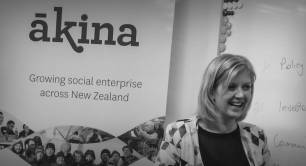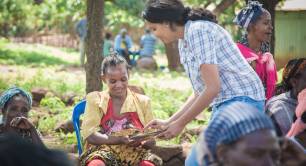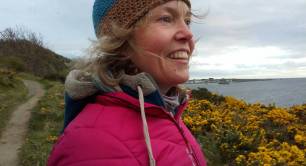Chain Reaction: "Someone had to give my community hope"
September’s Social Enterprise World Forum (SEWF) will this year be taking place in one of the UK’s biggest hubs for social impact: Edinburgh. Pioneers Post is delighted to be attending as media partner, bringing every corner of the debate and insight straight to our readers.
Our SEWF preview series, Chain Reaction, sees our journalists handing the reins to social entrepreneurs, in a continuous chain of interviews which will extend around the globe.
For the penultimate link in the chain, InspirAlba’s Ailsa Clark from Scotland (who you may remember from last week’s interview), speaks to First Australians Capital’s Adrian Appo. They reflect on how they both help people from marginalised communities get good jobs, as well as tips on using tech to connect people over vast geographies.
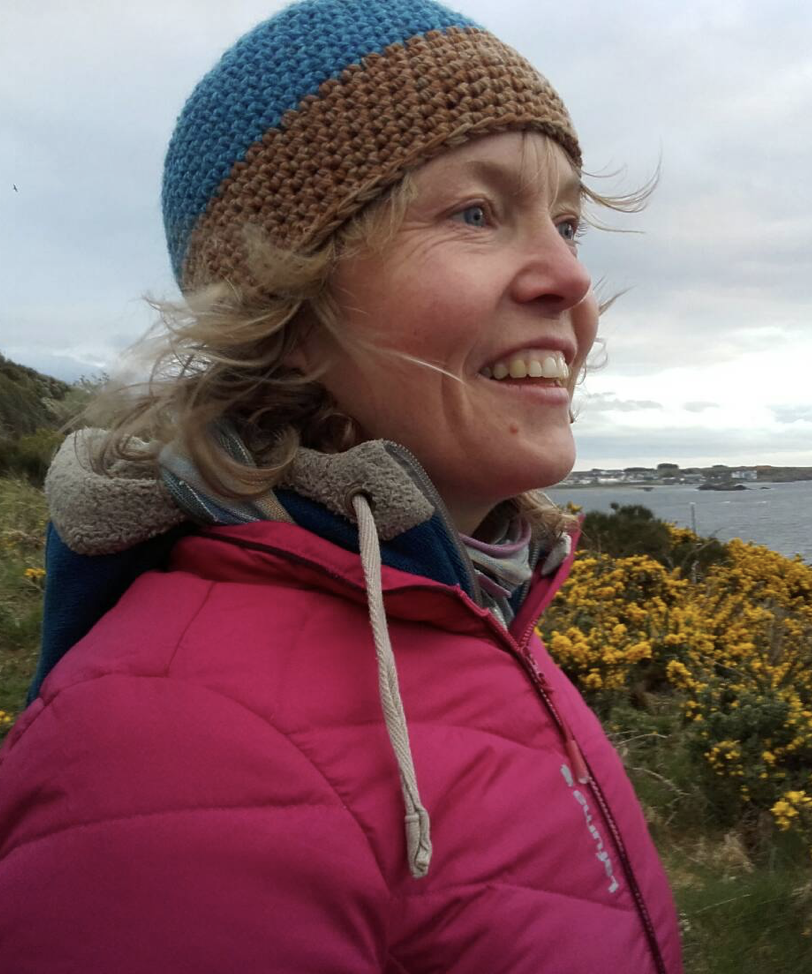
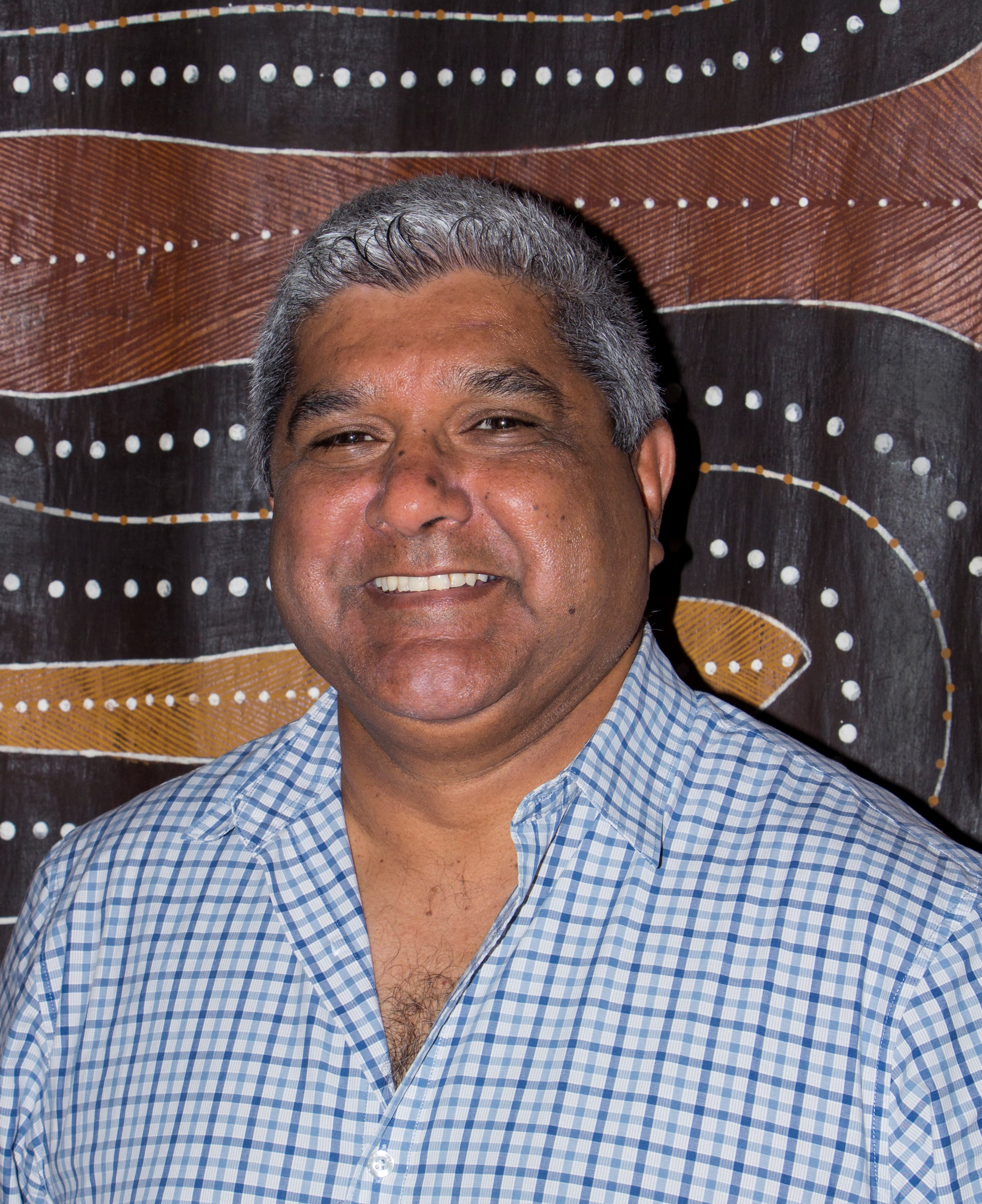
Ailsa Clark: Can you tell us a bit about First Australians Capital?
Adrian Appo: It’s the second social venture that I’ve founded. We formally launched last year, working around the economic development of Australia’s Aboriginal community. We do everything from working with entrepreneurs to build on their business ideas, to helping people develop investment capital opportunities.
AC: It’s good to meet you, I wanted to speak to you today because I have worked in economic development and employability for quite a few years, and I actually had a stint working in Australia with some young people in Sydney around employment issues too – a lot of the kids that I worked with there were also Aboriginals. I’m interested in how economic development approaches can deliver solutions to communities that are marginalised… So, what initially attracted you to working in employability and economic development?
AA: When I finished school, I actually got the job that I wanted – after graduating I undertook an apprenticeship as an electrician, worked in that field for a while, then joined the defence force as a communications technician.
I sat down with my wife one day and I said I wanted to add more to the community than just being successful myself, and she agreed. I thought that someone had to give young people hope that there was a future for them
But I looked around and saw that the majority of people from the community that I lived in weren’t even working, let alone working in the trades areas. The young kids that I talked to had no idea of the possibilities out there for them.
I sat down with my wife one day – she’s not Aboriginal – and I said I wanted to add more to the community than just being successful myself, and she agreed. I thought that someone had to give young people hope that there was a future for them.
I realised that a problem for our community in accessing the employment opportunities around them was down to social environment – the limitations were in what society was determining you could or should be. For an Aboriginal person it was quite acceptable to aspire to be good at sports, but if you were looking at careers in running businesses and starting enterprises that wasn’t seen as the way to go.
For me it’s about how do you change those expectations. Most young people were actually leaving school early because they saw the only option for themselves after leaving was welfare employment. Economic development seemed like the way to actually move the Aboriginal community forward.
AC: I suppose what’s different about the enterprise route is that it allows more creativity and a greater freedom to use the streams that you have and bring in support for some of the areas that you might be weaker on. Following a rigid educational route doesn’t work for many people, and an enterprising approach gives a greater freedom.
AA: I think it gives you greater freedom to be yourself – you can be anything you want to be and take it anywhere you want to. You can decide you want to be the sole trader and support just yourself, or that you want to create a business to support a whole community. That’s what I love about enterprise.
Economic development seemed like the way to actually move the Aboriginal community forward
Aboriginal businesses are 100 times more likely to employ Aboriginals than any other business, so if you’re an Aboriginal and create an enterprise you’re creating new opportunities not only for yourself but for your family and for your community.
AC: How do you manage as big a geography as Australia? Even Argyll is a challenge for me!
AA: It’s a lot of hours of travelling and meeting people, this year we’ve already worked with 100 businesses across Australia.
The Aboriginal community are the biggest users of mobile phones in Australia, because 80% live in regional and remote areas. So we’re looking at a range of potential technology platforms: some to link individuals with investors or customers, some for things like accounting packages.
AC: That’s something that we’re looking into, too. So, we’ll both be at the Social Enterprise World Forum – what are you most looking forward to there?
AA: I love listening people, because I find that if you ask the right questions you can get some enlightening answers from people about how they are looking at stuff. It was at the World Forum in Calgary that I was really inspired to start First Australians Capital, after hearing about funds set up to support first nations businesses. It's now grown, and hopefully by the time I get over to Edinburgh we will have had some very exciting new lending opportunities.
AC: I’ll be looking forward to hearing that…
AA: I’ll be looking forward to telling you!
Interview facilitated by Caroline Hailstone. Next week during the Social Enterprise World Forum we will be completing the Chain Reaction series, with Adrian Appo taking the interview chair to speak to Dr Amanda Kiessel, co-founder of Good Market, a curated platform for social enterprises and responsible businesses based in Sri Lanka.
See our Social Enterprise World Forum collection for more coverage of next week’s event.

